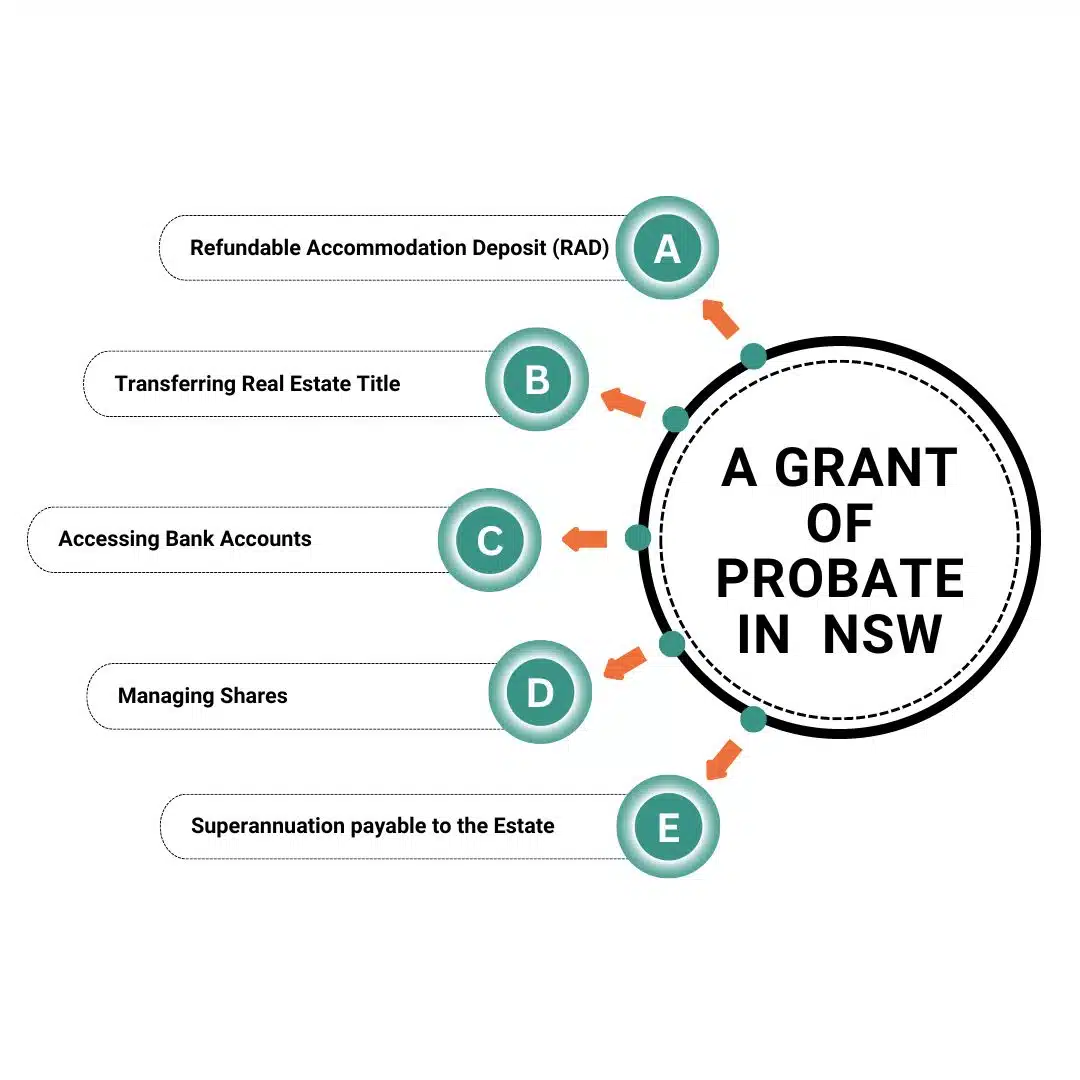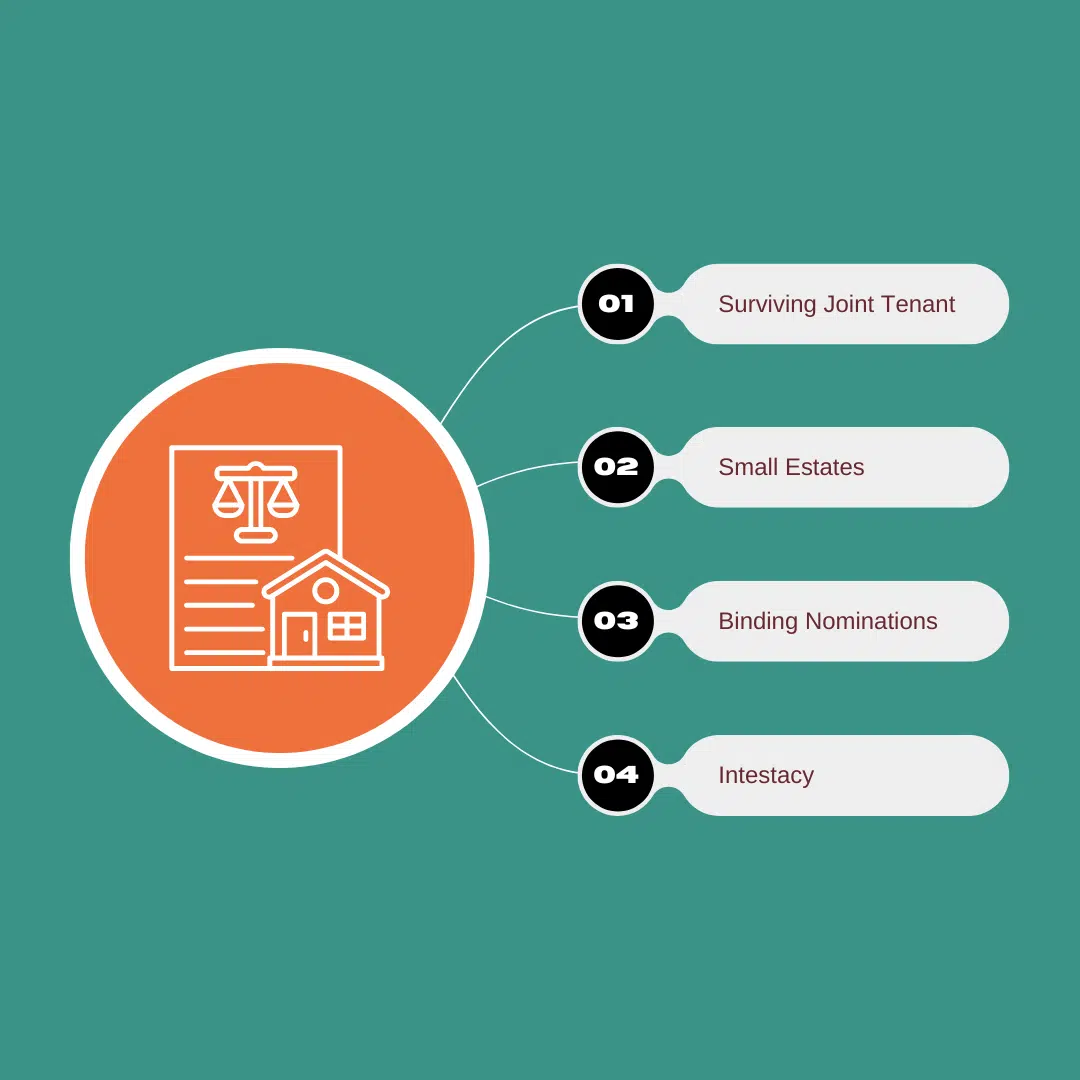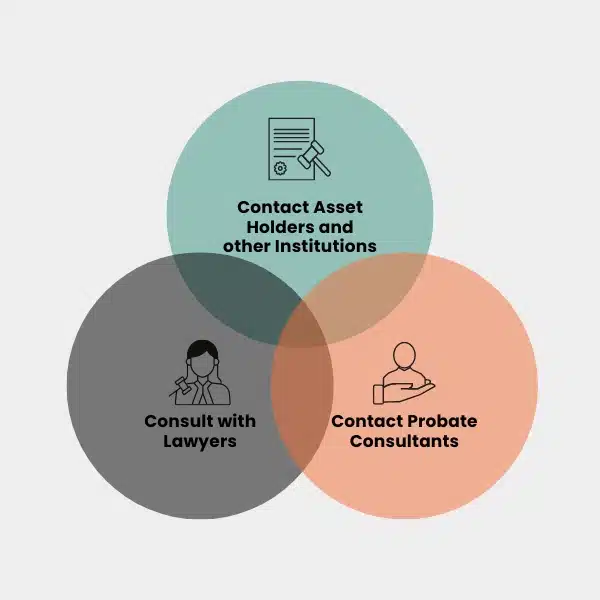Disclaimer: Probate Consultants is not a legal practice. Information on this website about the law on any subject is general in nature and is intended to provide an outline only. It is not comprehensive, nor does it constitute legal or financial advice.
Dealing with the loss of a loved one is hard enough, and sorting out their estate adds another layer of challenge. This is known as Estate Administration and, in New South Wales (NSW), often involves applying for a Grant of Probate.
Probate in NSW is a legal process that validates the deceased’s Will and authorises the distribution of their assets by the executors. Whilst many estates in NSW will require Probate, it is not a mandatory process and is not required by law. This blog explores when Probate is not required in NSW and provides useful information for when it is.
Probate Consultants empower Self-Represented Applicants (SRAs) to apply for Grants of Probate NSW and Letters of Administration NSW (LOA) by providing specialist guidance and support.
With over 4 years of experience and remarkable results in assisting SRAs, Probate Consultants is Australia’s Premium Probate Solution with affordable Fixed-Fees and Fast approval times.
When is Probate necessary in NSW?
In New South Wales (NSW), Probate is required when executors need to prove their legal right to manage the property, assets, and affairs of someone who has passed away.
Institutions like banks, aged care facilities, and share registries commonly request a Grant of Probate to allow access to the deceased’s assets. However, Probate isn’t always necessary—sometimes, just certified copies of the Death Certificate and Will are enough.
Whether Probate is needed depends on the nature and value of the assets and the policies of the institutions that hold or manage them.
You need a Grant of Probate NSW in the following situations:
- Seeking the refund of an Accommodation Bond (RAD) from an aged care facility
- Transferring the title of real estate that was held solely by the deceased, or as tenants in common
- Accessing funds in a bank account over a certain value, usually $50,000.
- Dealing with a shareholding over a certain value, usually $50,000.
- Accessing Superannuation that is payable to the estate
For more information, read our blog: When is Probate required in NSW?

Practical Steps to Determine if Probate is Not Required
Conclusion
Understanding when Probate is not required in New South Wales (NSW) is crucial for executors tasked with administering a loved one’s estate. In some cases, Probate can be avoided, but a Grant from the Supreme Court is typically necessary for larger estates.
Executors in NSW have four main options for applying for Probate. Choosing the right pathway is essential, as it influences the costs, timeframes, and overall experience of the process.
Probate Consultants is Australias top-rated Probate solution known for making the process Fast, Affordable and Easy for SRAs. If you would like to learn more about Probate, or discuss an application, call us today on 1300 561 803 for a Free Consultation.






